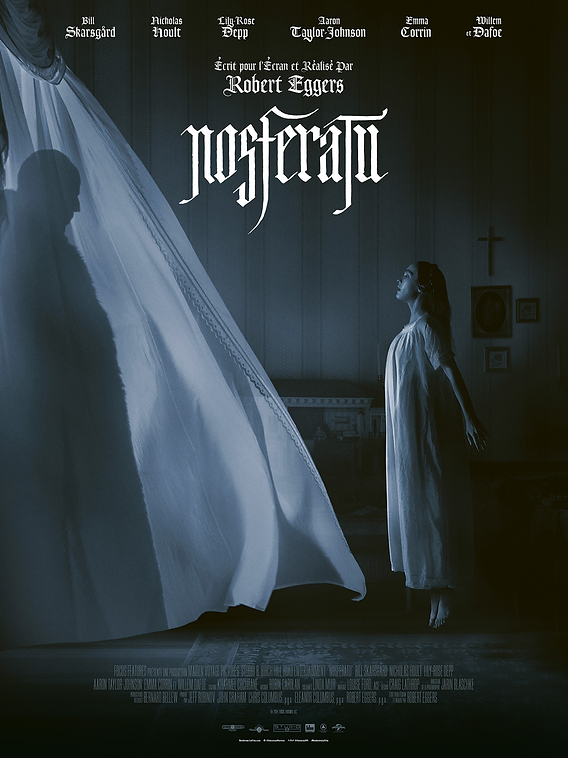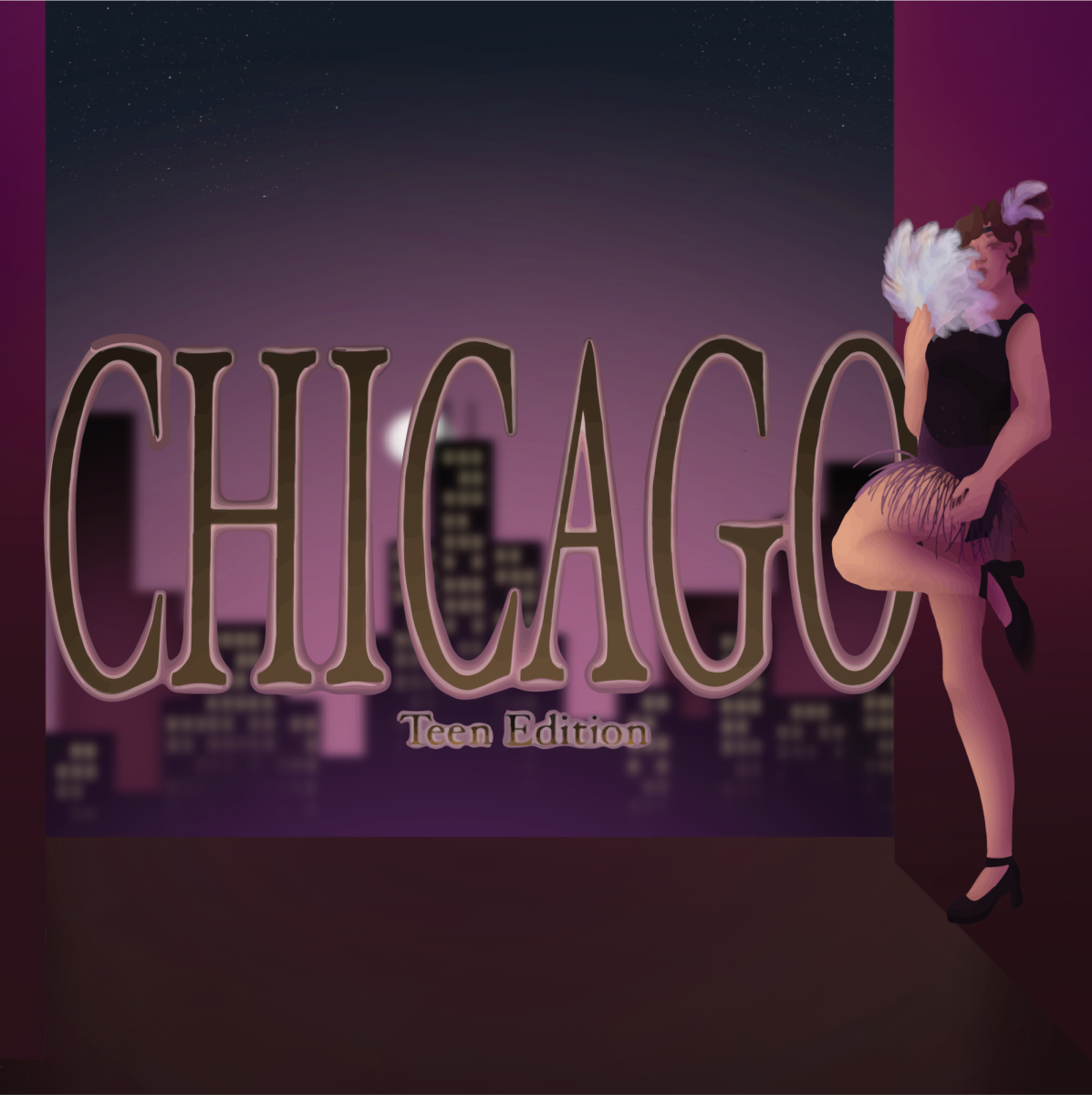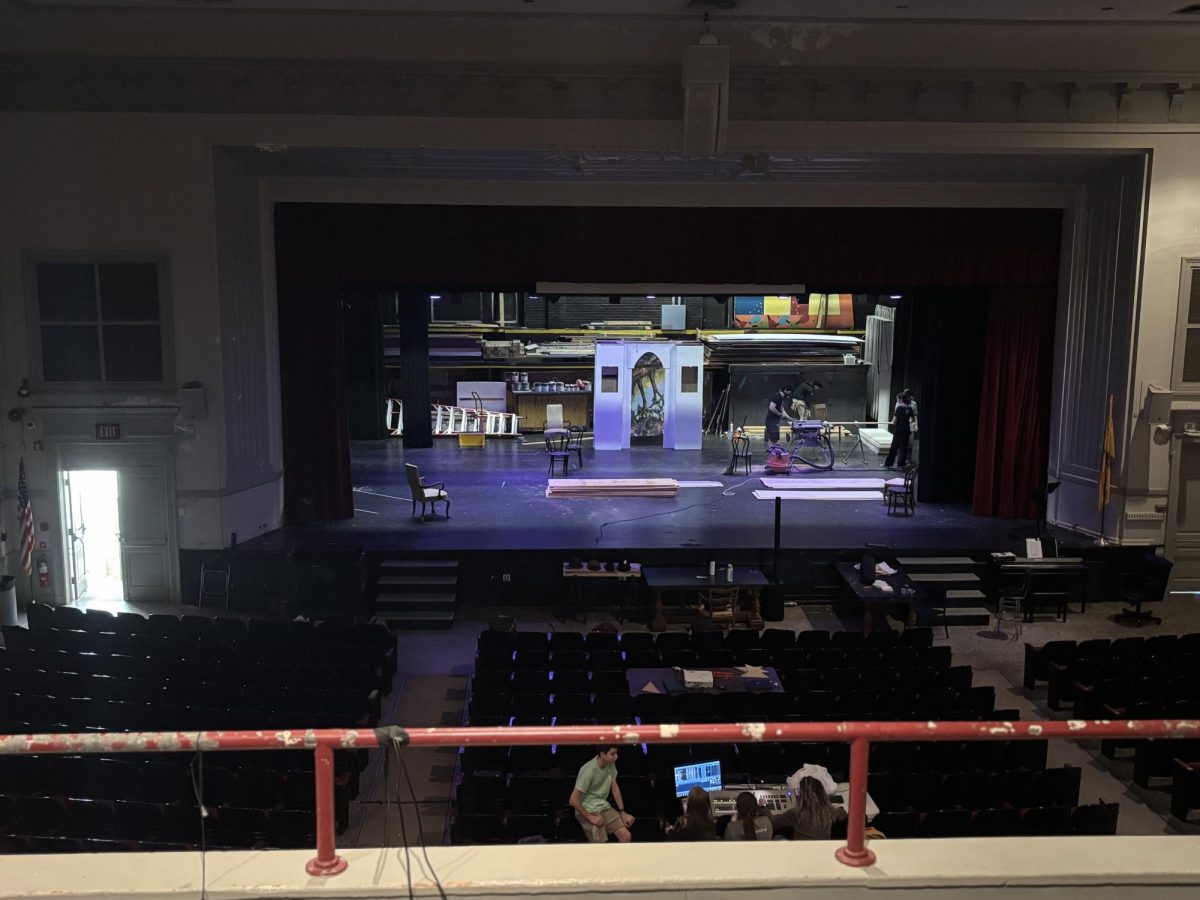On December 25th 2024, a reboot of the classic Gothic horror Nosferatu was released in theaters amidst a fair level of hype. However, while the visual effects were intriguing and the suspense was present, the film itself fell short of expectations with its unnecessary “ick” factor, hammy acting, and over 2-hour run time.
For some background, the original Nosferatu was a German adaptation of Bram Stoker’s classic novel, Dracula, produced as a silent film in 1922, and directed by FW Murnau. Due to the time period in which it was produced, the run time was fairly short and the plot simplified from the source text. That being said, this “simplicity” was part of its appeal–the black and white contributed to its “Gothic vibes” and the idea of a bloodthirsty vampire entering the civilized world was reason enough for horror. Of course, no one expected Eggers to stick to the 20s film-making arsenal, but fans of the original did enter the theater hoping for an enhancement of the classic thriller through modern means, not an abandonment of the original’s creepy sort of charm.
Personally-speaking, the claim that this adaptation is “based off” the works of Stoker and Murnau is audacious to say the least. While the dregs of the beloved tale remain, the plot itself is horribly tainted by an excess of disturbing imagery. Now, it was the expectation that this version would be more intense than the original, but what Eggers produced was simply too much (this coming from an avid viewer and fan of horror movies). Without spoiling the plot, most scenes contained either intensely realistic gore or upsetting, vampire-related nudity/sexual content which, for those going solely off of the original, was not given fair warning. Where even middle-school-aged horror fans could enjoy the original, Eggers’ Nosferatu is hardly suitable for any age.
The acting quality was also disappointing. While Nosferatu boasted a relatively star-studded cast (Bill Skarsgard, Lily-Rose Depp, Nicholas Hoult), the characters themselves felt very two-dimensional, with bland emotional delivery and hardly any character development. Now, this is partially a fault of the script–too little effort was put into creating the characters’ motives and backstories, despite the film’s lengthy run time. However, Depp specifically, read as very false in her convictions and in intensely emotional scenes, she seemed more inexplicably erratic than actually affected by the story’s events. Willem Dafoe’s character, Professor Albin Eberhart von Franz, was the only one who behaved even slightly believably, and this was not thanks to the script (so kudos to Dafoe, really).
In general, Eggers’ Nosferatu disappoints on most levels. The film’s length and cloudy plot made the viewing experience taxing, while the gruesome imagery promoted nothing but disgust and discomfort. Furthermore, poor character-development and acting made even tolerable portions of the film unbelievable. Nosferatu’s only saving grace is its advanced visual effects, yet these were not enough to overlook the shortcomings of the work as a whole.











